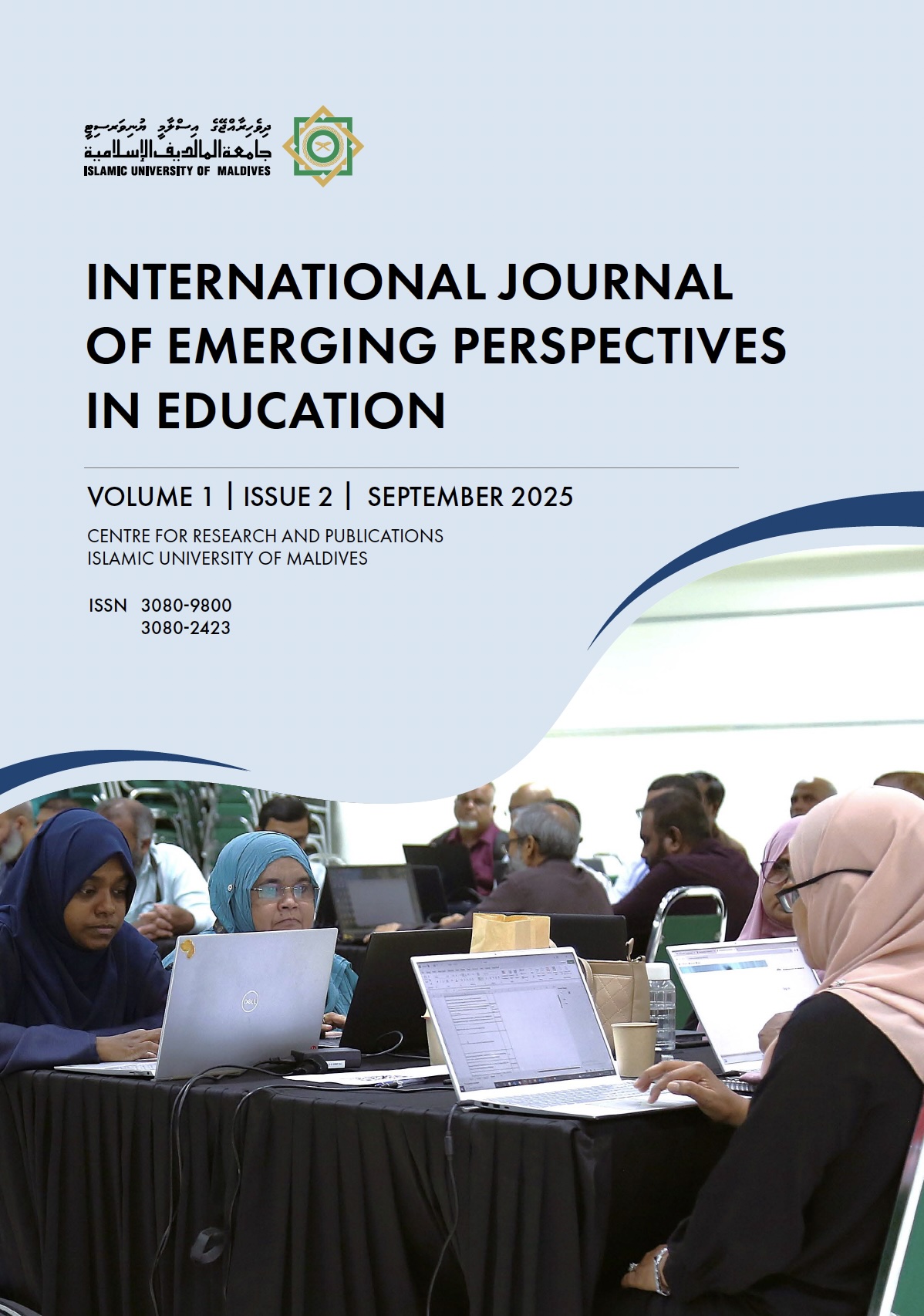Women’s Education in Islamic World: A Bibliometric Review of Scholarly Discourse on Afghan Context between 1980 to 2024
DOI:
https://doi.org/10.64306/7qby0989Keywords:
Afghanistan, Bibliometric analysis, Women’s Education, Islamic WorldAbstract
This study explores the current state of knowledge on women's education in the Islamic world, with a particular focus on Afghanistan. Using a bibliometric and science mapping approach, the researchers analyzed 708 publications from the SCOPUS database to assess trends, key contributors, and the intellectual structure of research in this field. Data analysis was conducted using Excel and R software. Findings reveal that academic interest in Afghan women’s education only began to rise significantly after 2001. Notable contributors include Sayeed Naqibullah Orfan and Terence M. Kean, whose work often centers on mental health, gender inequality, and leadership. Leading institutions in this field are based in the U.S., particularly Boston and California universities, while Afghan universities like Kandahar and Takhar are emerging players. The U.S., UK, Australia, and Germany have the most citations, primarily focusing on PTSD and mental health issues rather than educational challenges specific to Afghan women. The body of literature is fragmented, with underexplored themes such as patriarchy and gender-based violence. Additionally, the research lacks presence in high-impact journals and excludes non-Scopus literature. The study highlights the need for more nuanced, locally informed research that considers political, cultural, and economic barriers to women’s education in Afghanistan, urging stronger international collaboration.


